Arrowverse Co-Creator Marc Guggenheim Disagrees With The Idea Of Superhero Movie Fatigue, Instead Argues That Audiences Now Want Studios “To Justify The Experience Of Going Out To The Theater”
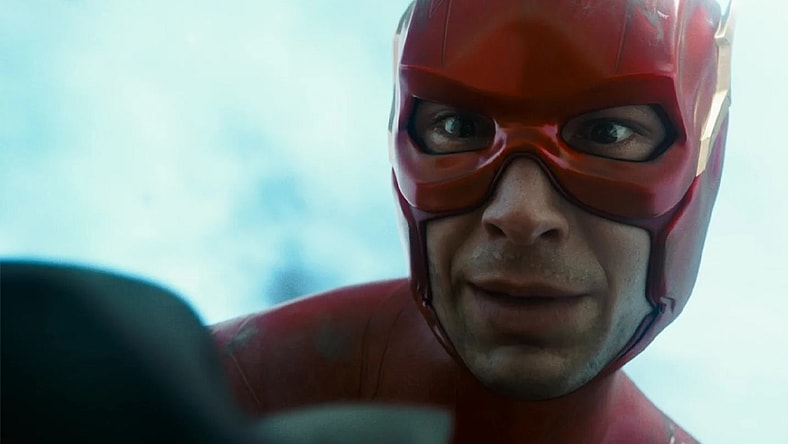
While many analysts have begun to float the idea of ‘superhero movie fatigue’ as a reason for the genre’s rapidly declining box office returns, Arrowverse co-creator Marc Guggenheim has instead posited that the true culprit behind the public’s growing disinterest in blockbuster brawls is their overwhelmingly lackluster quality.
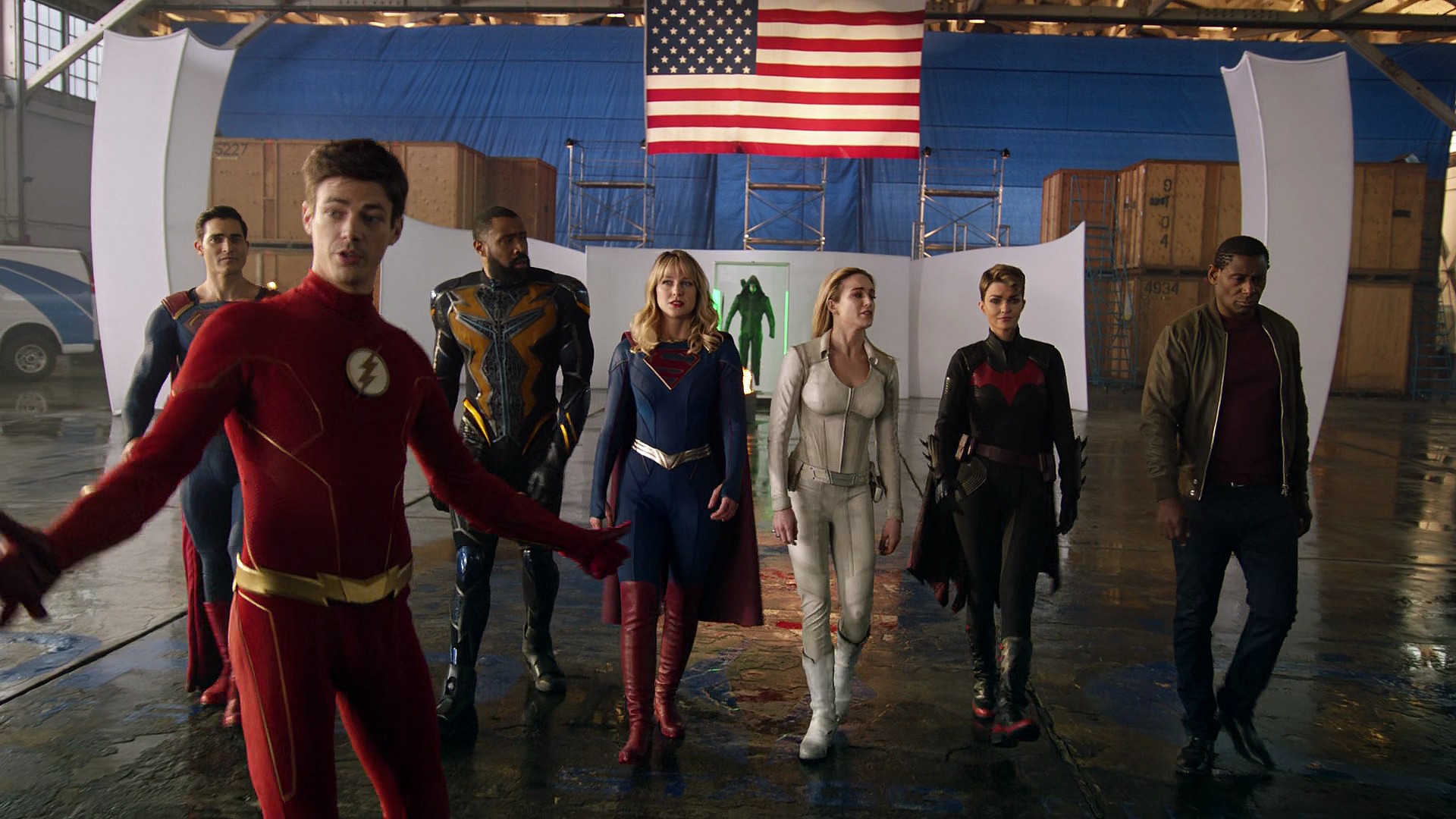
The former Arrow showrunner offered his opinion on the current state of comic book films during a guest appearance on the 54th episode of venture capitalist Sriram Krishnan and entrepreneur Aarthi Ramamurthy’s self-titled podcast.
Asked by Krishnan whether he thought “comic book movies, both the Marvel Side and the DC side, are reaching a point of exhaustion where like, every sort of origin story, costume, discovery of powers, introduction of the villain, the sidekick, multiple timelines, is so overdone and so explored, that there’s going to be fatigue?”, Guggenheim opined, “I think superhero movies are going to become like what Westerns are which is it’s a genre that you revisit every now and again” before noting, “I question myself how much of this is superhero movie fatigue and how much of this is ‘not great’ superhero movie fatigue.”
[Time Stamp: 00:39:14]
“Because here’s the thing,” the Legends of Tomorrow co-developer explained, “one of the most successful movies of this year is Across the Spider-Verse, which is a [film] with all the tropes including the Multiverse, and it’s a huge huge hit. Why is it such a huge hit? Because it’s done so well.”
“I mean it’s so good,” he continued. “So I don’t I personally don’t think of it in terms of like the audience is tired or not tired, I think what the audience is basically telling us what their dollars [stands for]. For a long time, super hero movies that were not particularly good were doing gangbuster business because of, just, the flywheel and everything.”
“Thankfully, because I think this is good for comic book movies, I think it’s good for the business, I think it’s good for the audience, thankfully I think we’re past that,” he then opined. “The audience is basically saying to us ‘you’ve got to justify the experience of going out to the theater and seeing this you know in a as a movie as opposed to waiting a couple of months to watch it on Disney Plus.
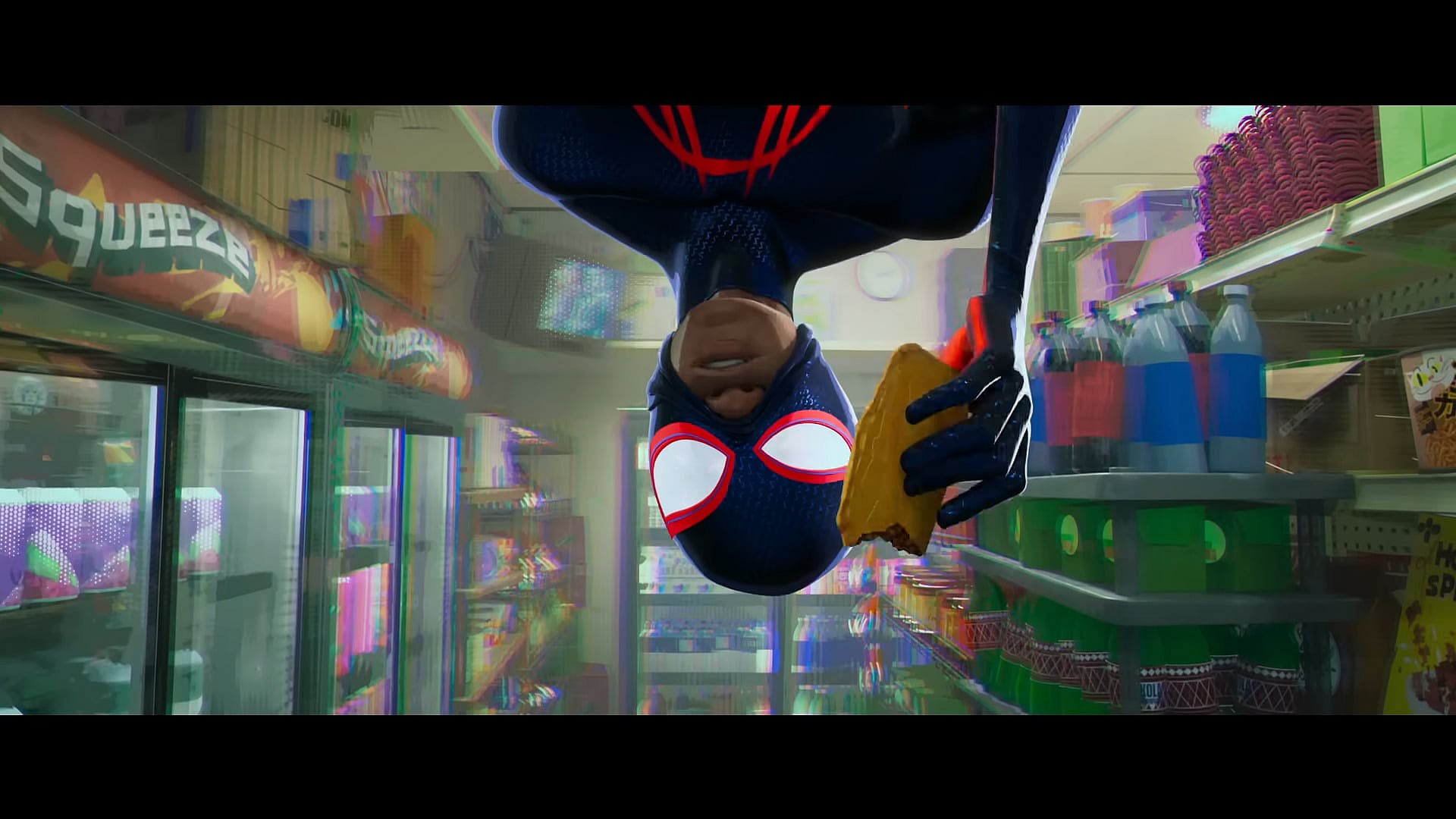
Notably, Guggenheim is not the only noteworthy producer of superhero media to publicly disagree with the superhero fatigue theory.
Speaking on the topic during a June interview with Rolling Stone, Spider-Man: Across the Spider-Verse Phil Lord and Christopher Miller themselves similarily argued that audiences were not tired of superhero films, but rather were exhausted with low-effort slop.

“I don’t believe it’s superhero fatigue, I believe it’s ‘a movie that feels like a movie I’ve seen a dozen times before’ fatigue,” said Miller. “If you’re using the same story structure and the same style and the same tone and the same vibe as movies and shows that have come before, it doesn’t matter what genre it is, it’s going to be boring to people.”
“And the audience in the theater cannot be sustained on Easter eggs and reveals,” added Lord. “Or even these big, crazy multiverse stakes. They only care about, like, the relationship between Rocket Raccoon and Groot.”
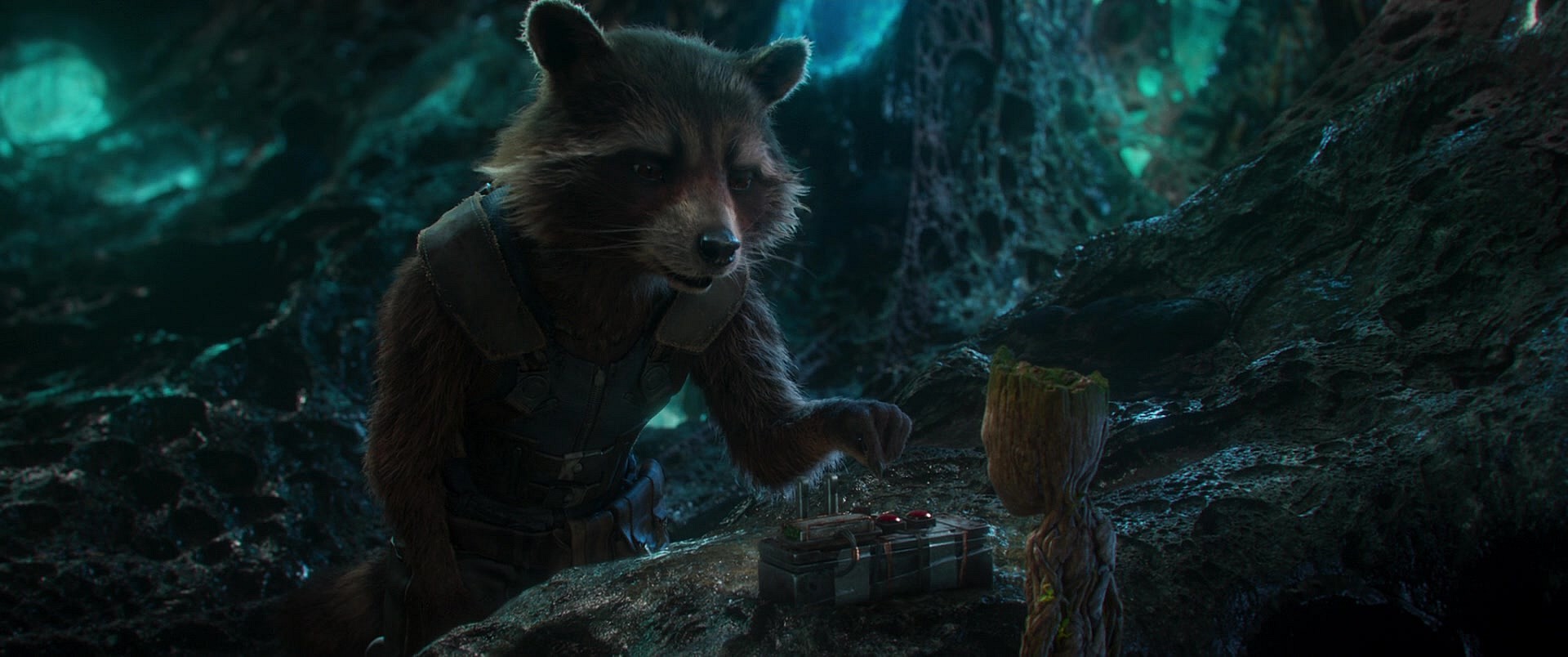
This same sentiment has also been expressed by current DC Studios co-head James Gunn, who earlier this year told Smallville and Justice League/Unlimited star Michael Rosenbaum, “I think that what’s happened is people have gotten really lazy with their superhero stories and they have gotten to the place where, ‘Oh it’s a superhero let’s make a movie about it!’”
“And they make, ‘Oh! Let’s make a sequel because the first one did pretty well,'” the Guardians of the Galaxy Vol. 3 director further detailed. “And they aren’t thinking about why is this story special. What makes this story stand apart from other stories? What is the story at the heart of it all? Why is this character important? What makes this story different? That it fills a need for people in theaters to go see or on television.”
[Time Stamp: 00:44:29]
“And I think that people have gotten a little lazy,” he reiterated. “And there’s a lot of ‘biff, pow, bam’ stuff happening in movies. Like I’m watching third acts of superhero films where I really just don’t feel like there’s a rhyme or reason to what’s happening. I don’t care about the characters.”
“And they’ve gotten too generic,” Gunn continued in his criticism. “There’s this sort of middle of the road type of genre, tone that so many superhero movies as opposed to having very different genres. I like very serious superhero movies. I like very comedic superhero movies. I like ones that are really just a murder mystery, but it’s with superheroes. I like to see these different types of stories as opposed to seeing the same story told over and over again.”
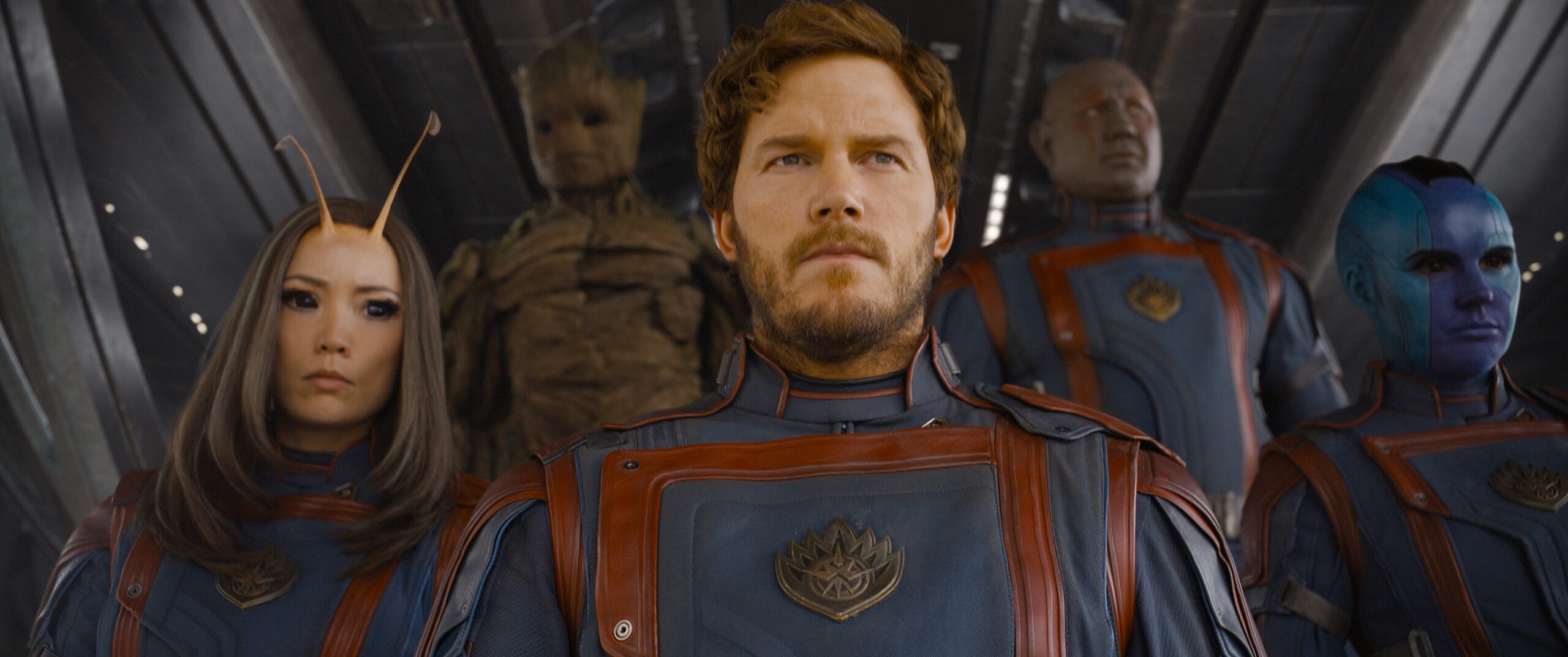
“Then people say ‘superhero fatigue’,” he informed his host. “I think that you see now that it’s not a real thing. People are fatigued with repetition. And I don’t think it’s really just superhero movies, I think you’re seeing it happening now, it’s spectacle films in general.”
“But there’s a lot of spectacle films made and they just have gotten really generic,” he ultimately concluded. “And they’ve gotten boring and they aren’t about characters, and there’s no emotion to them. And there should be emotion in things no matter. That should always be there: some type of emotion. I’m not saying it can’t be really light. I’m not saying it can’t be really heavy. I’m saying there should be some sort of emotion.”

NEXT: Arrowverse Producer Marc Guggenheim Regrets Decade Spent Making DC Shows: “I Really Wasted My Time”
